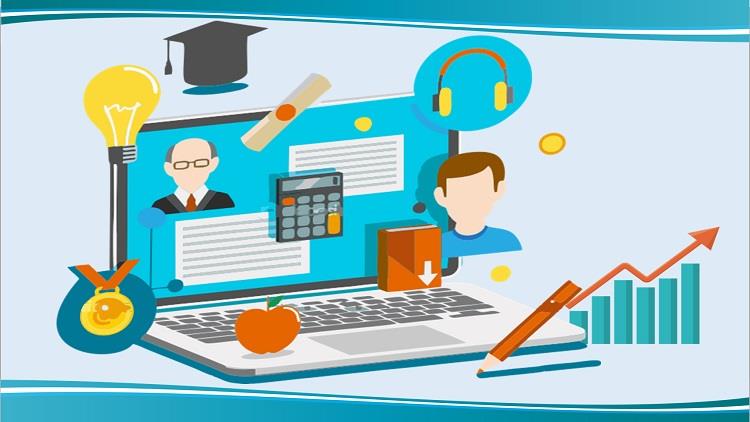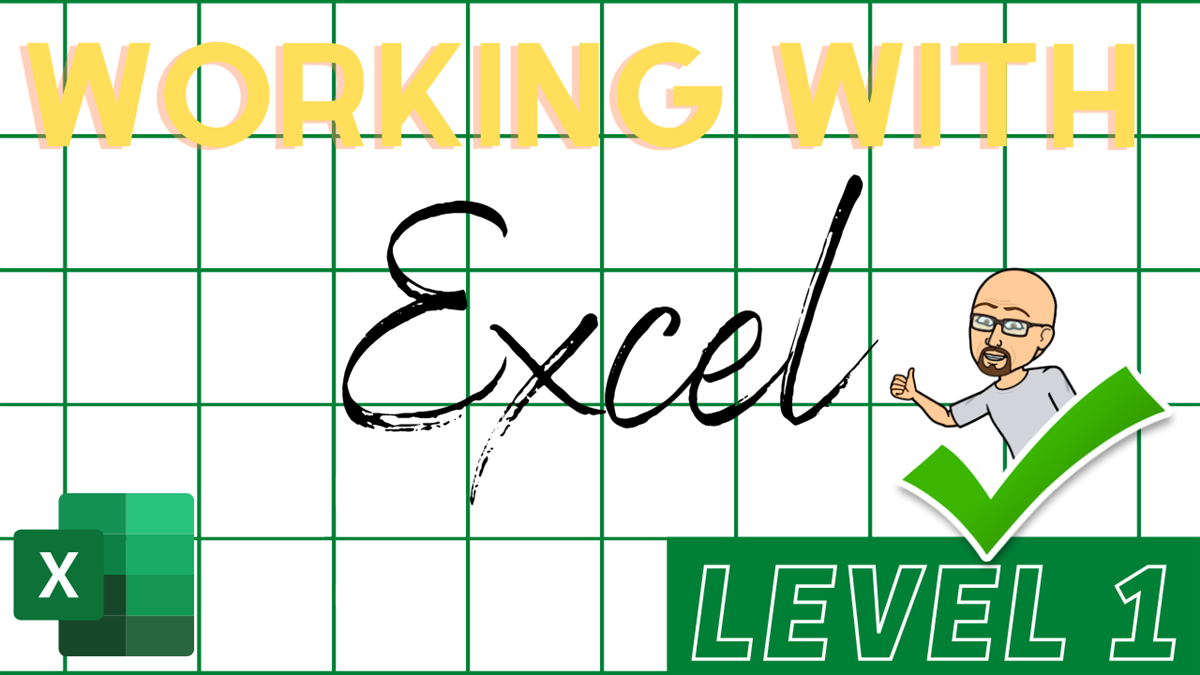
Understanding the Benefits of an Accounting Course
Understanding the Benefits of an Accounting Course
In today’s business world, having a solid foundation in accounting is crucial, whether you’re looking to launch a career in finance or simply want to manage your personal finances better. This article will dive deep into what an accounting course entails, its benefits, and how it can pave the way for your professional growth.
What Is an Accounting Course?
An accounting course is a structured program designed to teach the principles and practices of accounting. It covers a variety of topics, including financial accounting, managerial accounting, tax accounting, and auditing.
Types of Accounting Courses
Beginner Courses
Ideal for those new to accounting. These courses introduce basic concepts and terminology.
Intermediate Courses
Suitable for individuals with some background knowledge. They delve deeper into accounting practices and principles.
Advanced Courses
For seasoned professionals seeking specialization in areas like forensic accounting or international accounting.
Online Courses
Flexible options for busy individuals looking to study at their own pace.
Course Structure
Most accounting courses will include:
- Lectures: Covering theoretical aspects of accounting.
- Practical Exercises: Hands-on experience with accounting software and real-world scenarios.
- Assessments: Quizzes and exams to test knowledge and application of accounting principles.
Why Take an Accounting Course?
Taking an accounting course can open many doors. Here’s why you should consider enrolling:
1. Build Essential Skills
Accounting courses teach critical skills such as analytical thinking, attention to detail, and problem-solving. These skills are not only applicable in finance but in various other fields.
2. Enhance Career Opportunities
Employers value candidates with accounting knowledge. An accounting course can significantly enhance your resume and make you a more attractive candidate for jobs in finance, business, and management.
3. Understand Financial Statements
A key aspect of accounting is the ability to read and interpret financial statements. This knowledge can empower you to make informed decisions in both business and personal finance.
4. Prepare for Professional Certifications
Many accounting courses serve as a stepping stone toward professional certifications, such as Certified Public Accountant (CPA) or Chartered Accountant (CA). These certifications can further boost your career prospects.
5. Manage Personal Finances
Understanding accounting principles can help you manage your personal finances more effectively. You’ll learn budgeting, saving, and investing techniques that can lead to better financial health.
What to Expect in an Accounting Course
Course Content
In an accounting course, you will typically explore:
- Basic Accounting Principles: Understanding the foundational concepts.
- Financial Accounting: Recording, summarizing, and reporting financial transactions.
- Managerial Accounting: Using financial data to make business decisions.
- Tax Accounting: Learning about tax regulations and preparation.
- Auditing: Understanding the process of examining financial statements.
Learning Methods
Courses may use a mix of teaching methods, including:
- Lectures and Presentations
- Group Discussions
- Case Studies
- Practical Assignments
- Choosing the Right Accounting Course
1. Identify Your Goals
Are you looking to enhance your career, gain a new skill, or prepare for certification?
2. Research Course Options
Look for courses that fit your needs—whether online, in-person, or hybrid. Check reviews, instructor credentials, and course content.
3. Consider Time Commitment
Some courses require more time than others. Make sure to choose a course that fits into your schedule, allowing you to balance study with work or personal commitments.
Conclusion
Enrolling in an accounting course can be a game-changer for your career and personal life. Whether you’re looking to advance in your job, gain valuable skills, or improve your financial literacy, accounting education provides the tools you need to succeed.
















